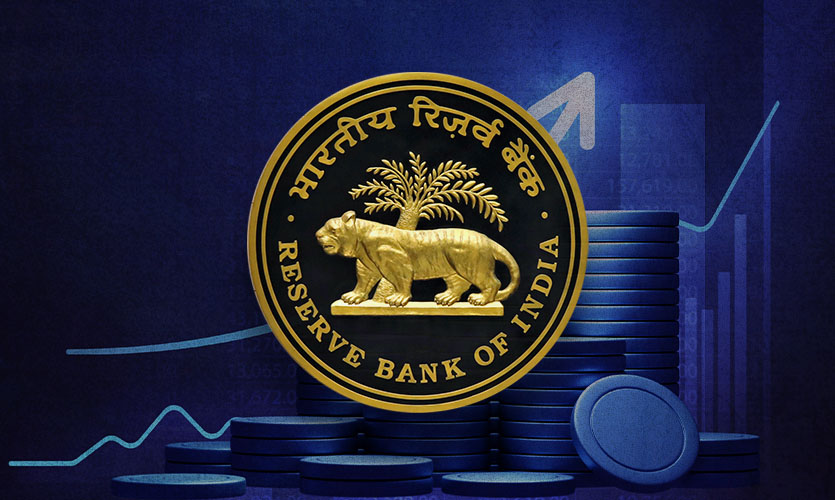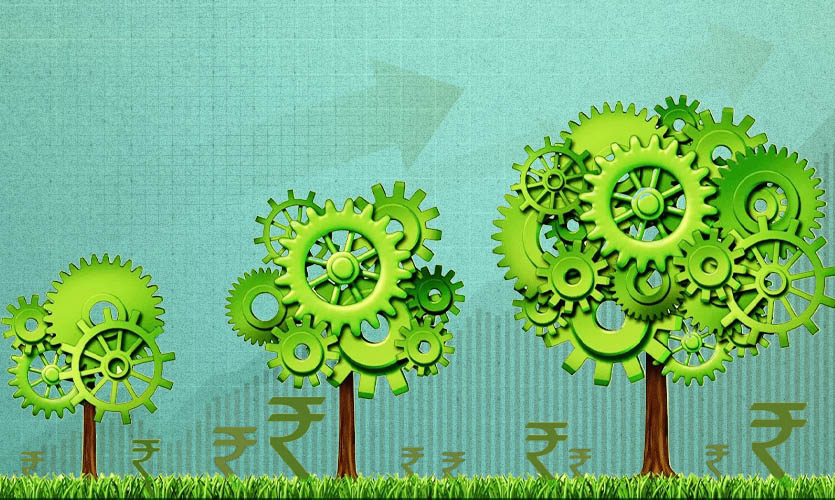Just when everything was returning to normalcy from the crux of the pandemic, the second wave of Coronavirus has cast a cloud over the economy. States have announced partial curbs to contain the spread of the virus. This, indeed, has affected the consumer buying patterns of the people resulting in a drop in consumer confidence and future expectations in India.
A survey conducted by the Reserve Bank of India showed a drop in the consumer confidence index that fell to 53.1 in March 2021 from 55.5 in January 2021 which was released earlier last week.
“Consumer confidence for the current period weakened in March as the current situation index dipped further in negative territory on the back of deteriorating sentiments on the general economic situation, income and prices,” said the survey.
Future expectations also dipped to 108.08 from 117.1 during the period. An index value below 100 represents pessimism, while above 100 signals optimism.
The survey was conducted through field interviews from February 27 to March 8, 2021, in 13 major cities- Ahmedabad, Bengaluru, Bhopal, Chennai, Delhi, Guwahati, Hyderabad, Jaipur, Kolkata, Lucknow, Mumbai, Patna and Thiruvananthapuram. It recorded perceptions and expectations on the general economic situation, employment scenario, overall price situation and own income and spending from 5,372 households.
“Respondents expressed lower optimism for the year ahead, which was reflected in the future expectations index (FEI); one year ahead sentiments on all major parameters except prices, however, remained in positive terrain,” the survey said.
The central bank also released results of the Inflation Expectations Survey of Households which showed median inflation perception for the current period as well as three months ahead expectation increased by 50 basis points (bps) and 80 bps, respectively. This was done in comparison to the January 2021 survey.
This survey was also conducted through field interviews from 27 February to 8 March 2021 in 18 major cities. The results are based on responses from 5,955 urban households.
Read about how the pandemic has changed the rules of multilatralism.
The survey noted that the inflation expectations increased for the major categories of respondents i.e. financial sector employees, other employees, self-employed, homemakers, retired persons and daily workers for both three months and one-year horizons.
Indian consumers have become more negative about the present and less optimistic about the future, making them less likely to spend large amounts in an economy dominated by domestic demand.
According to the RBI, the reasons for the pessimism were worsening feelings about the general economic situation, income and prices. In September, the current situation index reached a new low of 49.9.
Furthermore, the survey indicated well-entrenched inflation forecasts, which is a new obstacle for monetary policymakers, who were pressured to delay interest rate cuts last year due to price-growth gains. Sticky underlying market pressures have prevented rate-setters from resuming the easing since then.
The economic recovery will be more difficult in the future with high inflationary pressure along with weak consumer sentiment. The state imposing stricter curbs has also added to the worrying woos.
Economists have also voiced fear over the second wave of the pandemic, citing the country’s inability to completely rebound from the first wave’s economic destruction.
Stricter COVID-19 curbs could again lead to a massive increase in unemployment and a reduction in household income despite RBI supporting the economy by keeping interest rates low till it is required.
Work and income losses could curtail economic recovery, as demand, the driving force of growth could crash entirely once again. Tourism, hospitality and consumer durables are likely to witness lower demand amid stricter curbs and possible lockdowns. However, the rate at which India can vaccinate citizens against Covid-19 will be key to contain the second wave and another economic meltdown.










